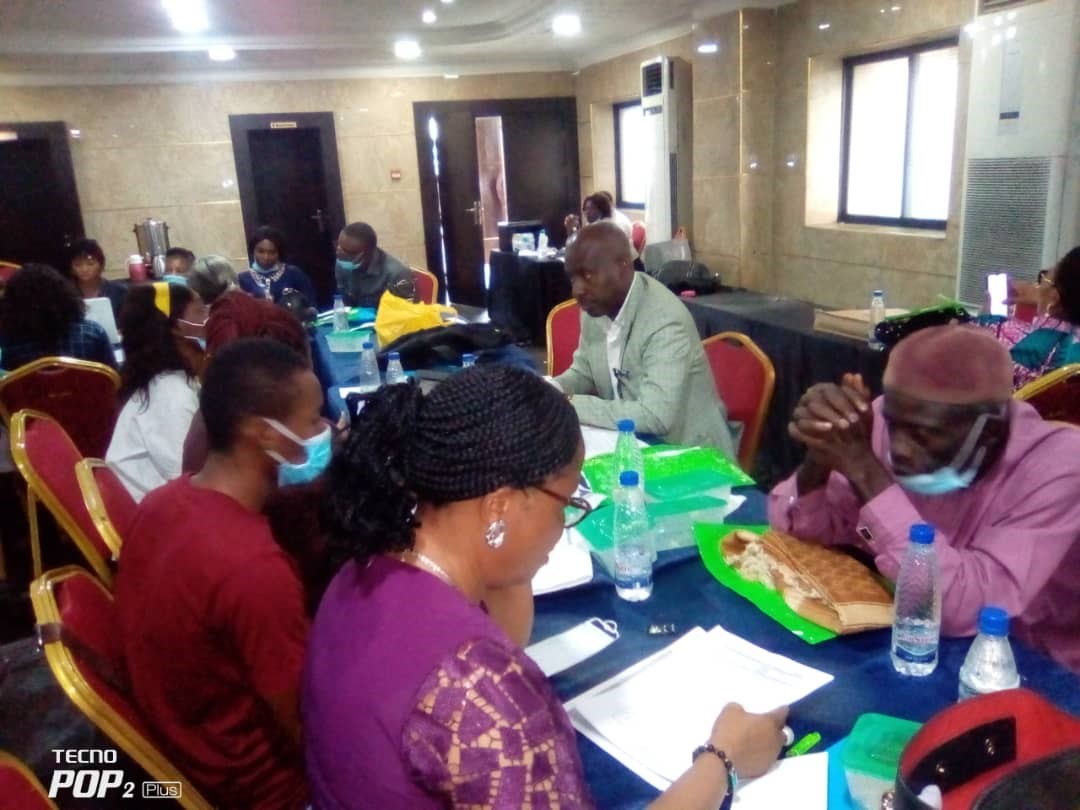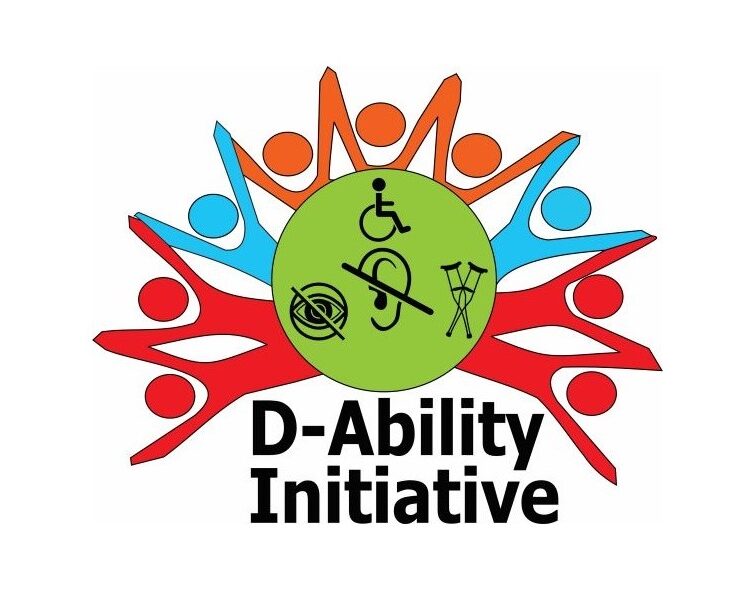
AFTER THE REVIEW AND DOMESTICATION SESSION
In the process of Policy Development, we cannot develop policies without consultation and people who design programmes for Adolescents are key. Adolescence is a critical stage- a transformational stage where a Child begins to take decisions. It is pertinent to have a document and invest in our Adolescents for them to have direction. Citizens of Nigeria, Adolescents occupy 1/3 (one-third) of the Nigerian population. The essence of the Policy Development gives us a priority needs/investment in Adolescents. The National Policy was developed in 1995, 2007 – 2010 – 2019. Target Population: In 2007 National Policy. Age 10-24 years determine a young person according to the United Nations, while age 10 – 29 years determines a young person (local content-Nigerian perspectives).
• Major Stages of Policy Development:
Situation Analysis.
National Stakeholders Policy Workshop.
Engagement of an experienced National Consultant and Production of an Initial Draft of the Policy Document.
Stakeholder’s review of the Initial Draft of the Policy and Revision of the Initial Draft.
Finalization and National Adoption of the Draft Policy Document.
Final Approval Processes.
• The Policy process started in 2019 and because of the covid-19 in 2020, it was not adopted but has been adopted in 2021 at a Conference in Abuja. Adolescents are diverse, based on differences in sex, age, wealth, education, ethnicity, etc. Tomorrow’s Agenda will be to discuss “The Situation Analysis” and Attendees will be divided into groups for focused discussion.
• Issues identified by Attendees/participants include:
Teenage Pregnancy and Unsafe Abortion
Drug and Substance Abuse
Cultism and Violence among Adolescents and young people.
Establishment of Adolescent Friendly Centres and people that should manage the facilities are Psychological Clinical Person and Social Workers.
During the Consultative Global Health Conference, GBV, Inequality, and Empowerment issues were addressed.
Policy declaration and guiding principles: strategic targets; roles of stakeholders in the Adoption and Implementation process
Young people as a vital resource for a sustainable future and national development.
Right Based Approach.
Diversity of Adolescents and young people’s needs and situation.
Gender equity and responsiveness
Cultural sensitivity
Participatory and Consultative Integration of Services.
Life-Course Approach
Evidence-Based and Innovation Driven.
Quality-Focused and result oriented.
Policy Declaration: The Government (FGN);
Investment in the health and development of Adolescents and other young people shall be prioritized in the National Agenda.
This Policy shall be complementary to other National Policy Documents.
Young people, themselves have the right and duty to lead as well as to participate individually and collectively referred in the planning implementation, and evaluation of health and development programmes for young people.
All Stakeholders and development partners, including Government and its Institutions, Civil Society Organizations, and the Private Sector as well as international development and Organizations.

THE REVIEW AND DOMESTICATION SESSION
An enabling environment will be created and relevant implementation frameworks, including a Strategic framework, an action plan, and costed monitoring.
Vision: A Healthy Life and Optimal Development for all Adolescents and Young people in Nigeria and Successful transition towards a healthy, active, productive, successful, and fulfilled Adulthood.
Strategic Objectives:
Reduce morbidity, disability, and preventable mortality rates.
Strengthen the capacity of the health systems and their linkage with the health sector.
Roles of Stakeholders in the Adoption and Implementation of the Policy:
For Media: Role of Stakeholders-involves informing, and educating the Adolescents on the policy. Example: Sex Education, etc via Radio and other channels.
Ministry of Budget and Economic Planning to ensure a budget line/allocation for the Adolescents programmes flies.
Ensure Teachers give correct information for Adolescent care- (Education Sector).
Ensure we have a workable Policy that is implementable and ensures the Adolescents in Rural areas will also have access to these.
Religious Leaders should be engaged; a lot of Adolescents are influenced through Spiritual growth; The Churches/Mosques matters.
Faith-Based Organizations help Adolescents meet their needs.
To design informed programmes for Adolescents.,
Start designing Employability Skills for Young People to take them out of Poverty.
D-Ability Initiative’s Executive Director, Dr. Kingdom Nwanyanwu gave a presentation on behalf of group 3.
Organizers: Rivers State Ministry of Health and Partners.
Participants:
D-Ability Initiative (Dehat Ability Support Initiative)
RSMOH-Rivers State Ministry of Health
MYD-Ministry of Youth Development
MSWR-Ministry of Social Welfare and Rehabilitation,
Civic Society Organization (CSOs)
Community-Based Organisation (CBOs)
RIVSACA-Rivers State Agency for the Control of HIV/AIDs
RIV-CISHAN-Civil Society on HIV/AIDS in Nigeria
IHVN-Institute of Human Virology, Nigeria
NOA- National Orientation Agency
FIDA- International Federation of Women Lawyers
NPF- Nigeria Police Force (Police Medicals)
UPTH- University of Port Harcourt Teaching Hospital
RSUTH-Rivers State University Teaching Hospital
Rivers media for health and Family Planning
RIV-NYNETHA-Youth Network on HIV/AIDS in Nigeria, Rivers State Chapter
RSPHCMB-River State Primary Health Care Management Board.
Rivers State Ministry of Budget and Economic Planning.
Nigerian Police Force (Medicals) NPF.
